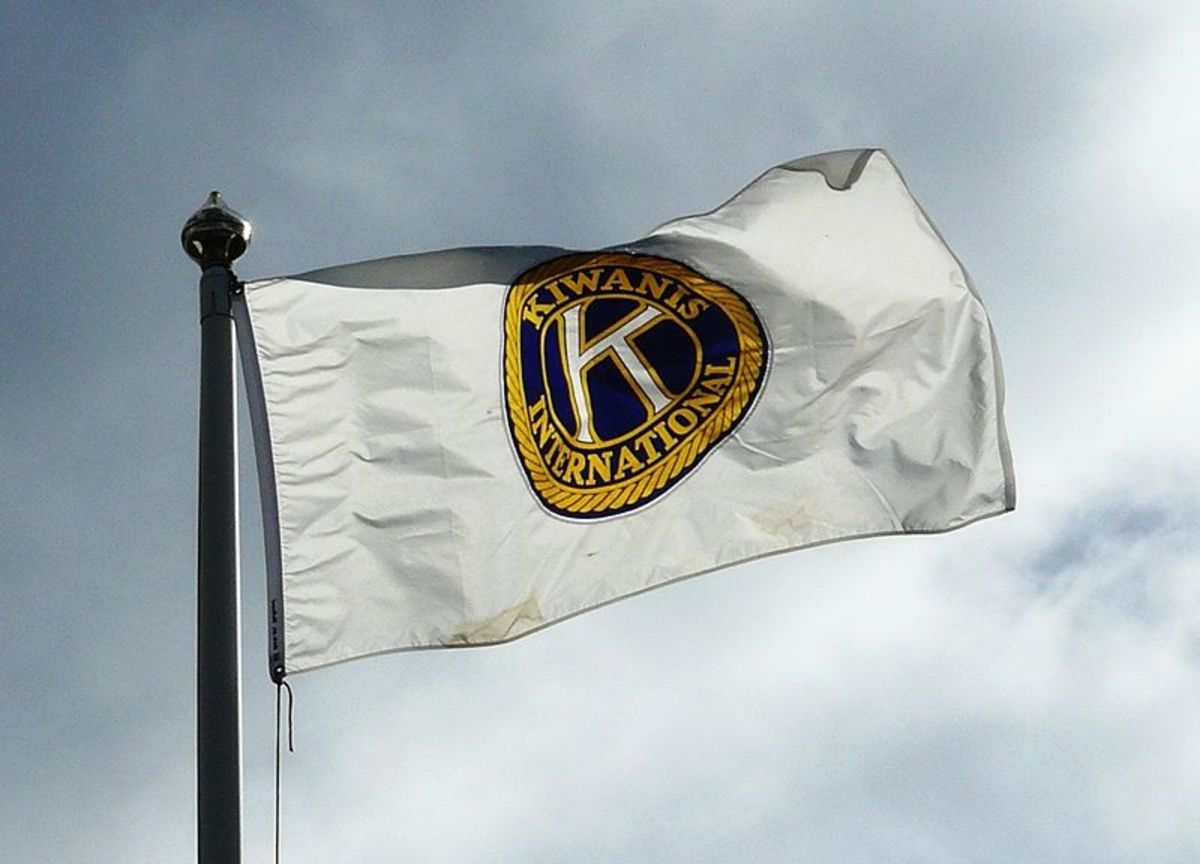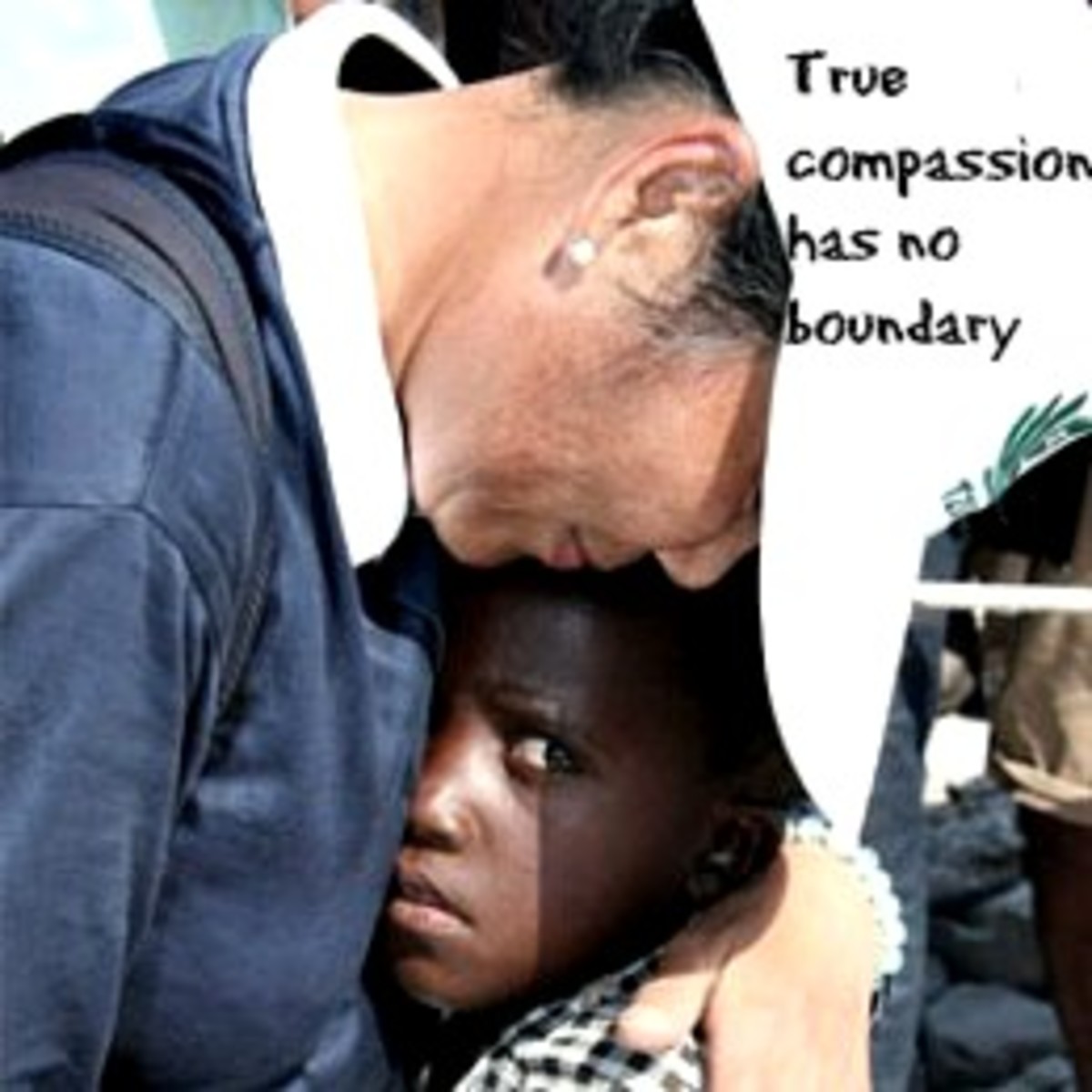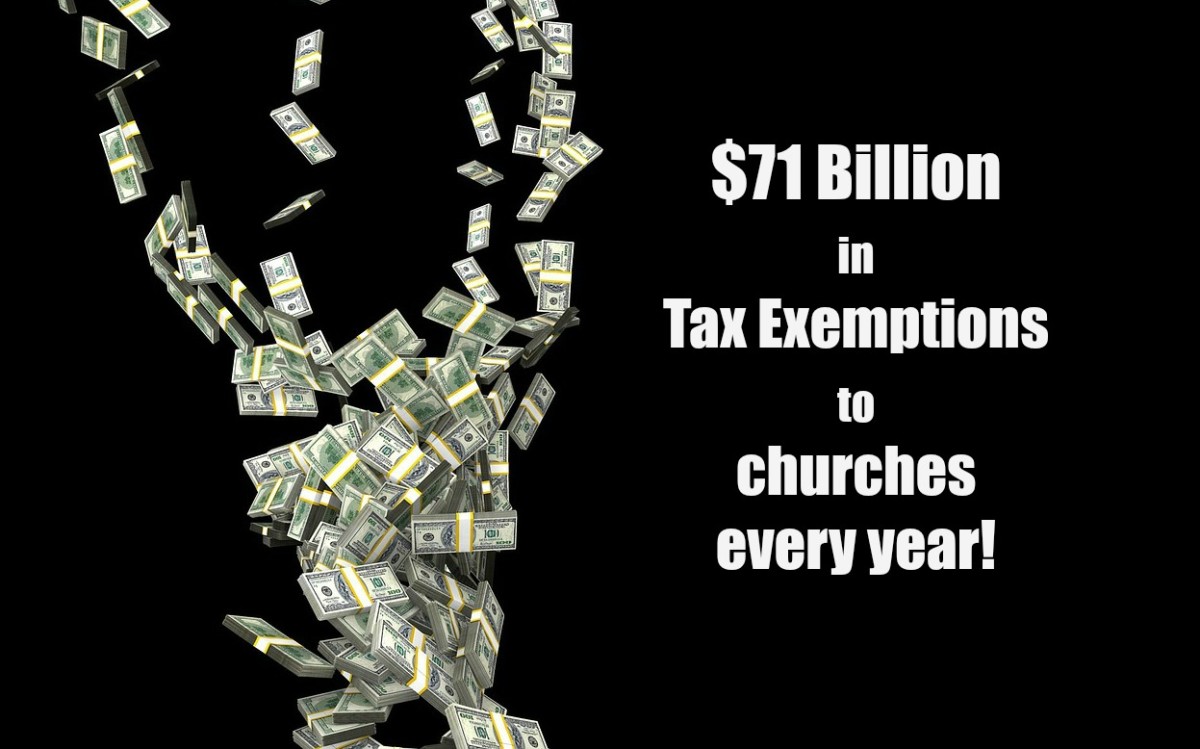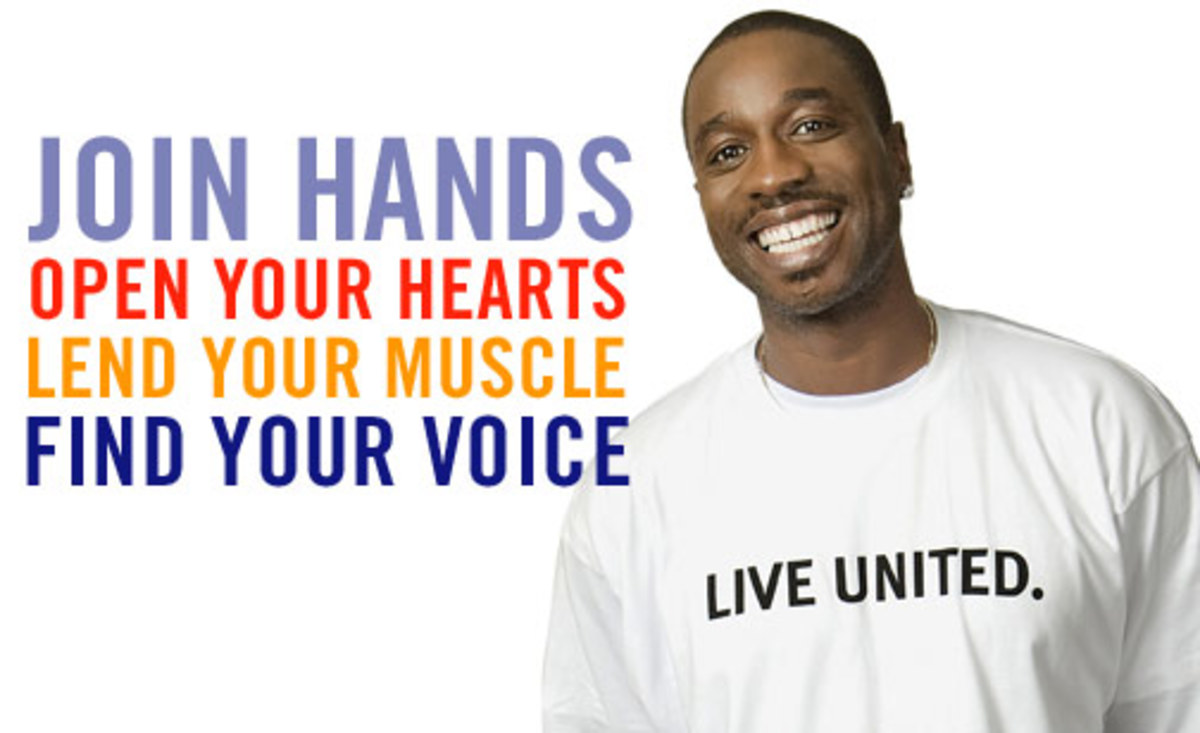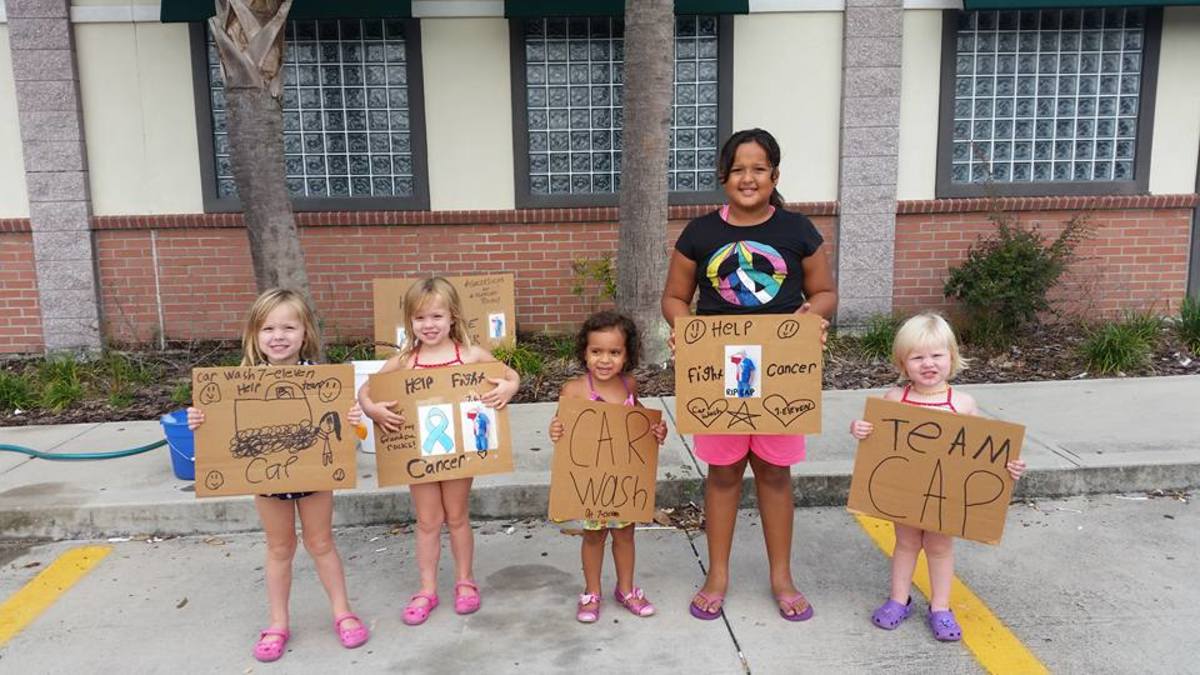How to Help Provide Clean Water for the Planet

LOS ANGELES -- Dodger's catcher, Russell Martin, announced Thursday he will donate $600,000 over the next 10 years to the ONE DROP Foundation, whose mission is to fight poverty by supporting access to clean water. The foundation, Martin explained, also seeks to raise awareness of water-related issues and of the need to get involved to ensure that good quality water is accessible to all in sufficient quantity.
If you were to donate money to a nonprofit you would be furthering a good cause. If you were to donate your time and skills, you could build new skills and expertise, and increase your network. You could then claim those skills on your resume and you could utilize the network to change careers or expand opportunities.
This is what I did by joining the US Peace Corps. I went from setting up a micro-finance agency in the Peace Corps to helping the state of California teach manufacturers how to export.
Then I discovered, through another nonprofit activity, that one of the most dire needs of the times is water supply and cleanup. This article talks about all the ways you can work with nonprofits to help reduce the world's water problems.
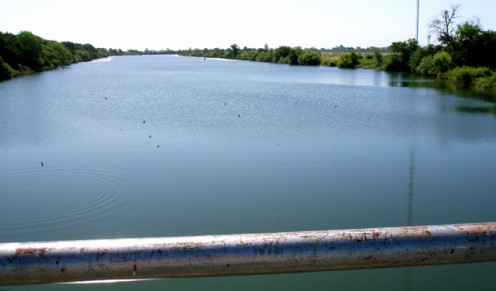
The average North American uses 400 liters of water every day. The average person in the developing world uses 10 liters of water every day.
Reduce the World's Water Problems
Although people worldwide suffer the results of too much or too little water, most people in developed countries, where water is usually abundant, have paid little attention to the crisis of water supply in the rest of the world. Some have even exploited the lack of water in areas like Africa and South America, where companies like Nestle buy the rights to water, clean it up, then sell it back to poverty-stricken, local citizens (or to international aide agencies) for a profit.
Now, however, the value of water is becoming more readily recognized as we dirty it up, dry it up, and as corporations buy it up. Now more people in the Western World are starting to pay attention to the nonprofit organizations that are working to protect, restore, and equitably distribute this valuable, life-essential resource. Here are several such organizations, along with ideas for how you can support their work and/or make it your own.
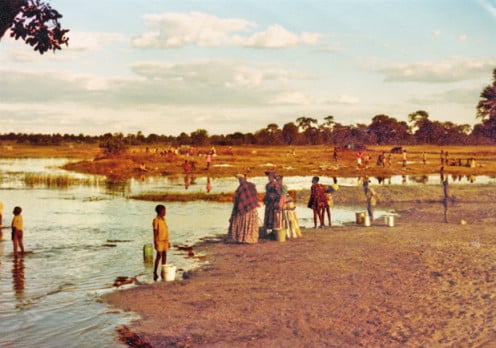
Donating Money & In Kind Donations
There are many ways to support nonprofit work, including starting a nonprofit yourself. I usually get heavily involved with the one I choose, donating money as well as time, then contribute to others on an ad-hoc basis. Consider the following possibilities:
-
Donating money as annual dues or for particular projects or campaigns. Adding a nonprofit to your estate planning.
-
Gifting equipment or supplies as in kind donations, like the printer you are replacing with a new one or office equipment no longer needed. Make sure you ask for a receipt, so you can claim the deduction from taxes.
-
Purchasing goods from the nonprofit's online store. Many well established nonprofits sell calendars with great photos, T-shirts and other items with logos, greeting cards, plush toys, or food items.
-
Giving ongoing time in the form of planning and strategizing, recruiting or training volunteers, staffing tables at local events, maintaining a website or the organization's list serve.
-
Signing petitions and writing letters to key people in support of the cause. Some contributors write articles and editorials to help with publicizing a campaign.
-
Providing project-focused pro-bono work - like conducting research, designing an irrigation system, creating a distribution system model, setting up a school garden.
-
Fundraising for the nonprofit by writing grants or carrying out fundraising drives.
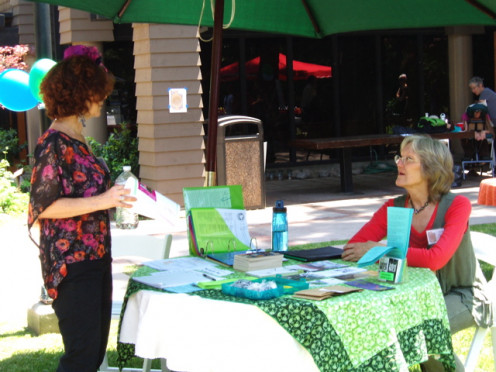
Good Water Projects to Choose
Here are some nonprofit organizations you may or may not have heard of, who have been leading the way in the protection and equitable distribution of water. In donating money or giving in kind donations to projects like these you would be among very good company.
"I am expecting my baby next month. It is hard to collect water while pregnant. My shoulders, wrists and chest hurt. I will have to carry on collecting water until I deliver." - Atndtoma from the village of Aurigo, Ghana.
WaterAid (1981) is an international organization that works to provide clean water and sanitation for developing countries in Africa, Asia, and Central America. They rehabilitate blocked wells and boreholes or install new ones, and teach local people how to maintain them. They set up rainwater collection projects where there is enough rain to make it worthwhile, and train locals to maintain those. They also work with governments and other organizations involved in poverty reduction to make sure that water and good sanitation are included in their development plans.
- The Ocean Conservancy is a forty year old US nonprofit that works internationally to keep the oceans healthy, so we can be healthy. They protect the Pacific Coast, the Gulf of Mexico, the Atlantic Coast, and the Arctic for the benefit of those who depend on a healthy ocean for food, jobs, and recreation. The conservancy's main focuses are:
-
To clean up beaches worldwide, find out what we are doing to trash the oceans, and take steps to prevent it.
-
To encourage sustainable fishing and protect the ocean for others who make their living from it, like the tourist industry.
-
Increase the health of ocean waters, so its fish and other ocean life can thrive.
-
Provides scientific studies that help create policies protecting ocean habitats and wildlife.
This international nonprofit was started in 2007 by Guy Caliberte, Founder of Cirque du Soleil. Based in Montreal, Quebec (Canada) the organization works with Oxfam and other international organizations to ensure that economically depressed countries have access to clean water and sanitation. With their partners, they mobilize support for such projects in their respective countries, while also educating their citizens on the need for good management and wise use of water. Partners are the Cirque du Soleil, Oxfam Intl, Royal Bank of Canada, and the Prince of Monaco.
Natural Resources Defense Council (NRDC)
Supported by such public figures as actor Robert Redford and John F. Kennedy Jr., NRDC is a nonprofit that focuses on legal protection for the environment and its non human inhabitants. They are a highly regarded nonprofit that has a history of winning lawsuits against polluting companies and governments, and successful pressuring of governments to pass and/or enforce laws curbing destructive activities of corporations. NRDC has been working on issues internationally for over forty years. They are located in Santa Monica, California.
In 2009 NRDC recognized the increasing concern for clean water and set up a division to focus specifically on water issues. The issues are:
-
To promote water efficiency to decrease the amount of water wasted.
-
To defend the Clean Water Act, advocating for solutions like green infrastructure.
-
To help prepare cities, counties, and states for water-related challenges coming up, due to climate change.
-
To ensure that waterways have enough water to support vibrant aquatic ecosystems.
“What we do to water, we do to ourselves and the ones we love.” – From Popol Vuh , an ancient Mayan text.
This is a local nonprofit, founded by Charles Lummis over 100 years ago, and located in Pasadena, California. Its purpose is to preserve and restore the main watershed that feeds the Los Angeles River, especially the Arroyo Seco Canyon. The Arroyo Seco Foundation works together with neighboring cities, Los Angeles County, and other nonprofit organizations to plant native trees and shrubs, clean up beaches, reintroduce local species of fish and wildlife, ensure that restoration is included in development plans, and increase public awareness (through tours and projects) of the need for water conservation and nature recreation.
Donating Money to a Specific Water Crisis
In addition to ongoing projects, there are water crises to donate to, and these donations are tax deductible as well. Usually an international charitable organization like the Red Cross administers collections of dollar and in-kind donations (clothes, food). For donating services, you would go to the emergency site set up online for that disaster.
In the United States, for example, the US State Department's site gives latest news and contact information for the type of donation you are interested in. Here is their page for Haiti:
Save Taxes by Donating to a Charity
Who knows why Russell Martin really donated to One Drop? Even if he did it primarily to get a tax deduction, it's still worth it to the organization.
If you normally claim more than the standard deduction on your annual tax returns or come close to being able to, donating to nonprofit organizations like this one can help you save more and help the organization too. In the United States, taxpayers can claim 50% of all they donate to a 501(c)3 organization, including money and in kind donations. "501(c)3" is the official designation of a tax-exempt nonprofit. In kind donations are goods you give (but not services) and out-of-pocket expenses you have incurred that were not reimbursed.
Claiming Your US Tax Deduction
When it comes time for taxes, you will be assessing the total of all expenses for which you can claim deductions. Your tax booklet will show you how to handle the donations portion of your claim. If you are filing online, you will enter the total amount you donated, and the online software will automatically calculate the 50% you can claim.
Above and beyond the tax benefits, donating to nonprofit organuzatuins provides a heart connection that is invaluable. It can give you that sense of wothwhile input to the world that many jobs don't. If you donate time, it can increase or expand your skill level, as well as helping those to whom you donate, and you can include that experience on your resume.
How Do Hubbers Donate?
What kind of charity or nonprofit do you donate the most money to?
- Great Nonprofits
Find top-rated nonprofits or charities, by category (e.g. water) or location, before you donate or volunteer. Read or write reviews and ratings of non profit organizations. - Charity Navigator: Water-Related Nonprofits
Charity Navigator, America's largest independent charity evaluator, provides free ratings of the Financial Health and Accountability & Transparency of thousands of charities. Here are ratings for nonprofits that work with water.

